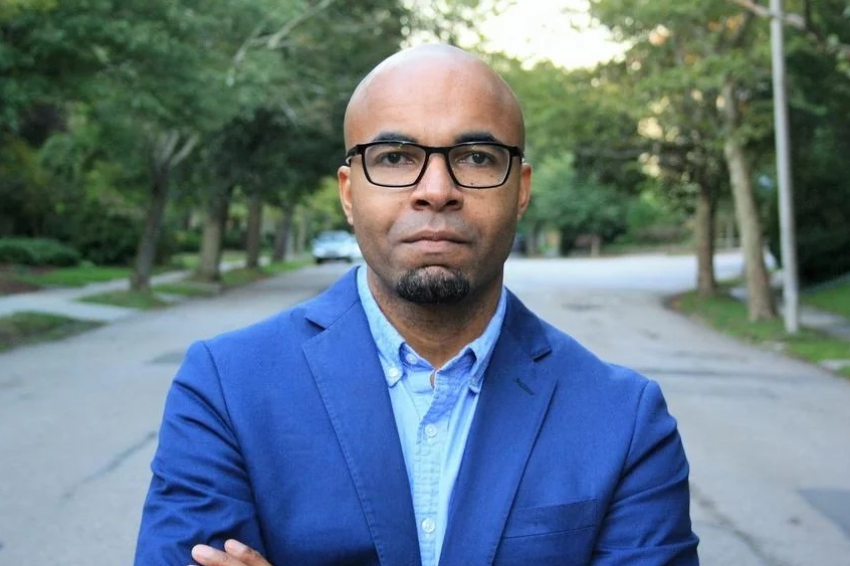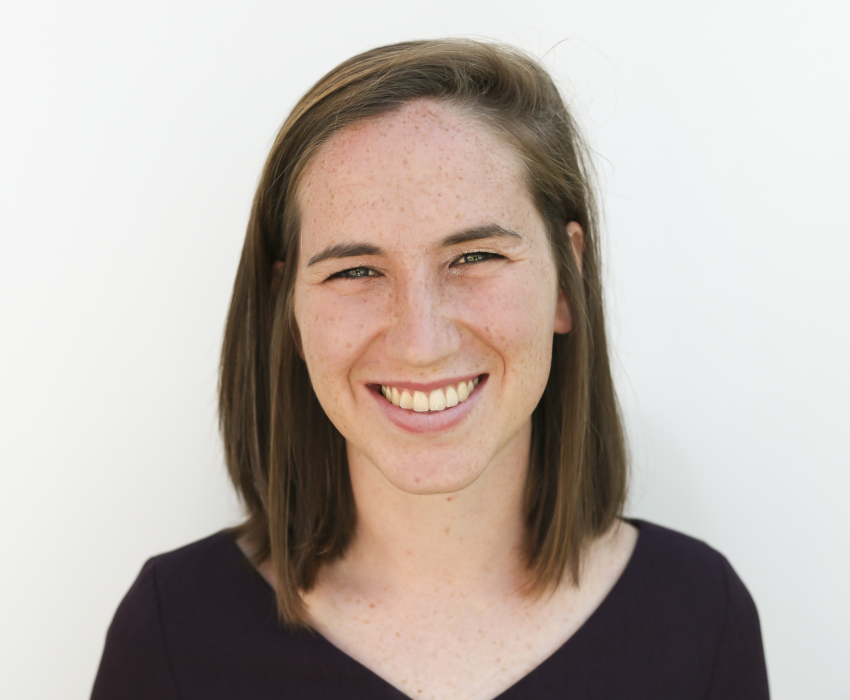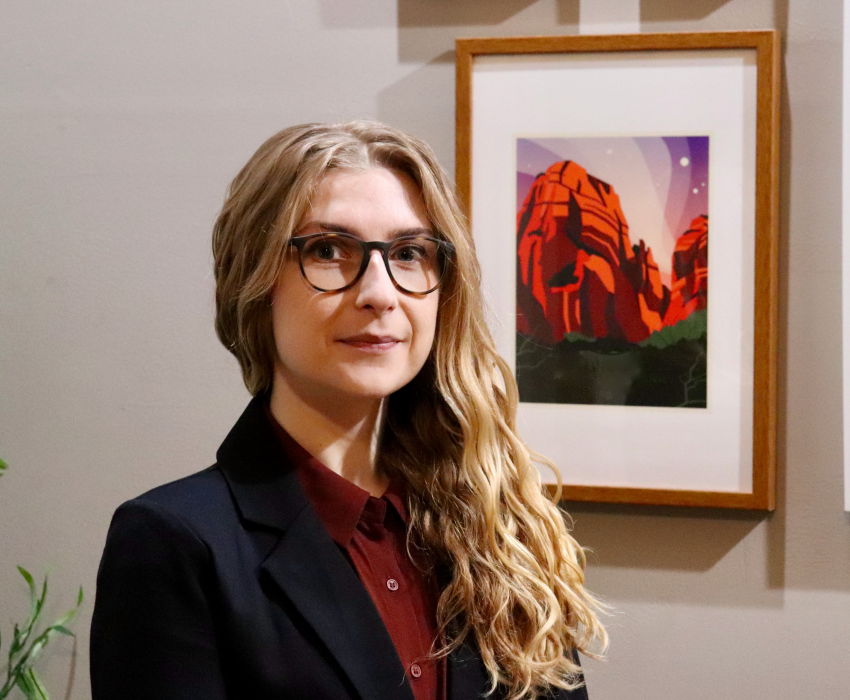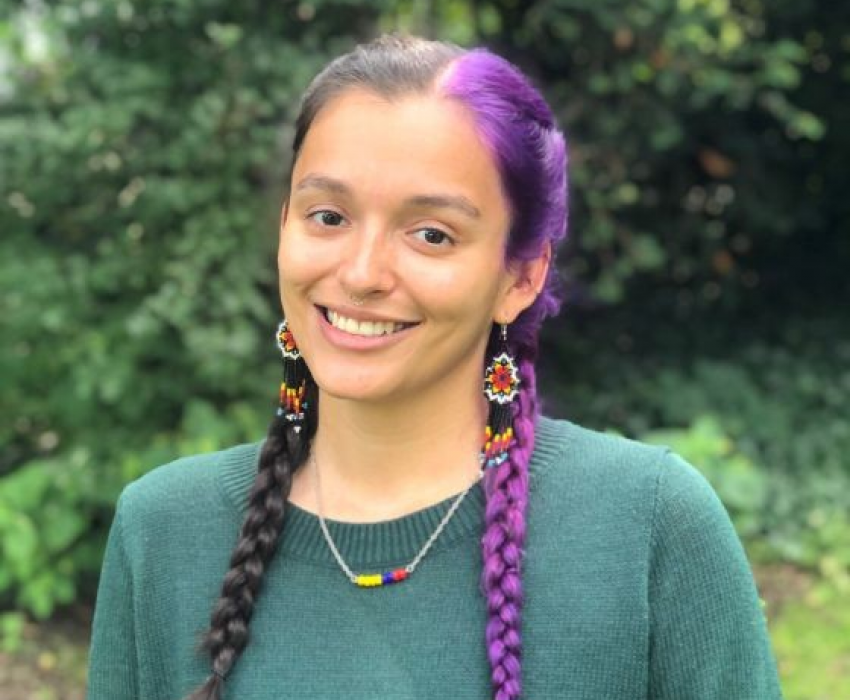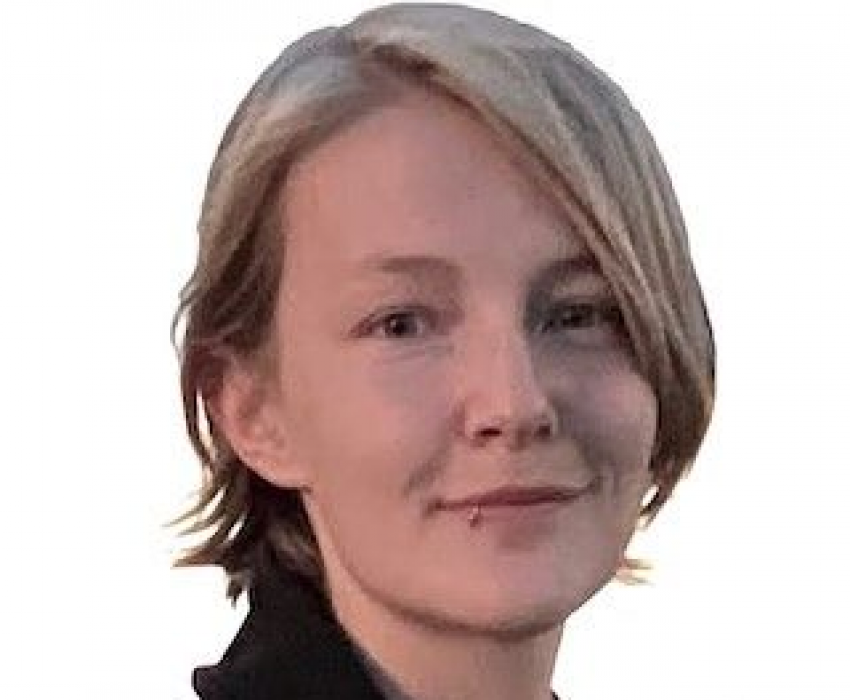Prof. Dr. Mario L. Small
is Quetelet Professor of Social Science at Columbia University. A University of Bremen Excellence Chair, and an elected member of the American Academy of Arts and Sciences, the American Academy of Political and Social Sciences, and the Sociological Research Association, Small has published award-winning articles and books on urban inequality, personal networks, and the relationship between qualitative and quantitative methods. His books include Villa Victoria: The Transformation of Social Capital in a Boston Barrio and Unanticipated Gains: Origins of Network Inequality in Everyday Life, both of which received the C. Wright Mills Award for Best Book. His latest book, Someone To Talk To: How Networks Matter in Practice, recipient of the James Coleman Best Book Award among other honors, examines how people decide whom in their network to turn to when seeking a confidant. Small is currently studying the relationship between networks and decision-making, the ability of large-scale data to answer critical questions about urban inequality, and the relation between qualitative and quantitative methods.
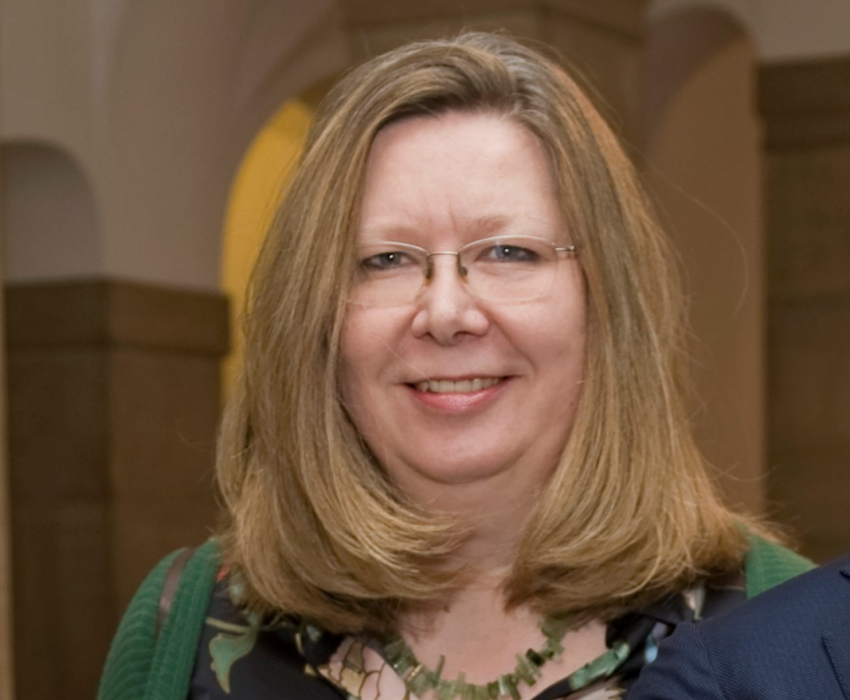
Professor of Sociology
University of Bremen
SOCIUM Research Center on Inequality and Social Policy
Prof. Dr. Betina Hollstein
is Chair of Sociology at the University of Bremen and directs Qualiservice, a national data center for qualitative social science research data. Betina Hollstein’s work is centered around personal networks, social inequality, and methods of network research. She is especially interested in understanding network dynamics across the life course and network effects related to social mobility and life course transitions. With respect to such questions, she combines the structural network approach with more actor-centered aspects, looking at how network resources and social capital are activated and how network practices differ between social groups. In studying network processes and mechanisms, Betina Hollstein champions the use of qualitative approaches (e.g. 2011, in Scott and Carrington’ s Sage Handbook of Social Network Analysis) and mixed methods research designs (2014, Cambridge University Press, ed. with Silvia Dominguez). Current projects tackle visual methods for network data collection and innovative combinations of qualitative methods and computational social sciences.
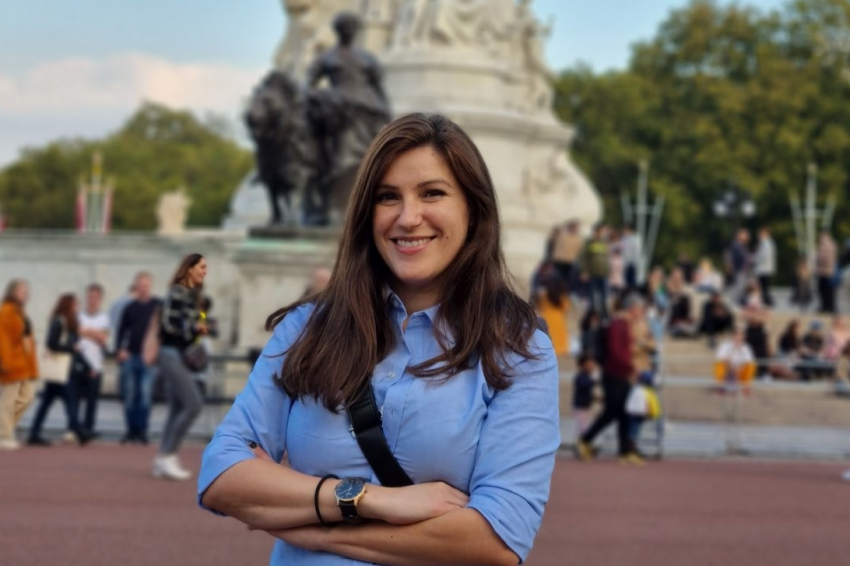
Postdoctoral Researcher
University of Bremen
SOCIUM Research Center on Inequality and Social Policy
Dr. Nikolitsa Grigoropoulou
is a postdoctoral researcher in Computational Social Science at the University of Bremen. She holds a B.Sc. in Psychology from Panteion University of Social and Political Sciences (Greece) and an M.Sc. and a Ph.D. in Sociology from the University of North Texas (U.S.A), where she pursued her graduate studies with the kind sponsorship of the Fulbright Foundation and the Institute of International Education (IIE). Substantively, she is an interdisciplinary social inequality scholar with an emphasis on intergroup dynamics, such as polarization – along religious, ethnic, and national lines, – marginalized communities and well-being, and financial decision-making. As a part of her research in the Excellence Chair project “Large-Scale Data and Field Research in the Study of Social Networks” at the University of Bremen, she examines quality and classification issues in the operationalization of large-scale data and the extent to which surveys and qualitative methods can aid "big data" research to produce reliable social science.
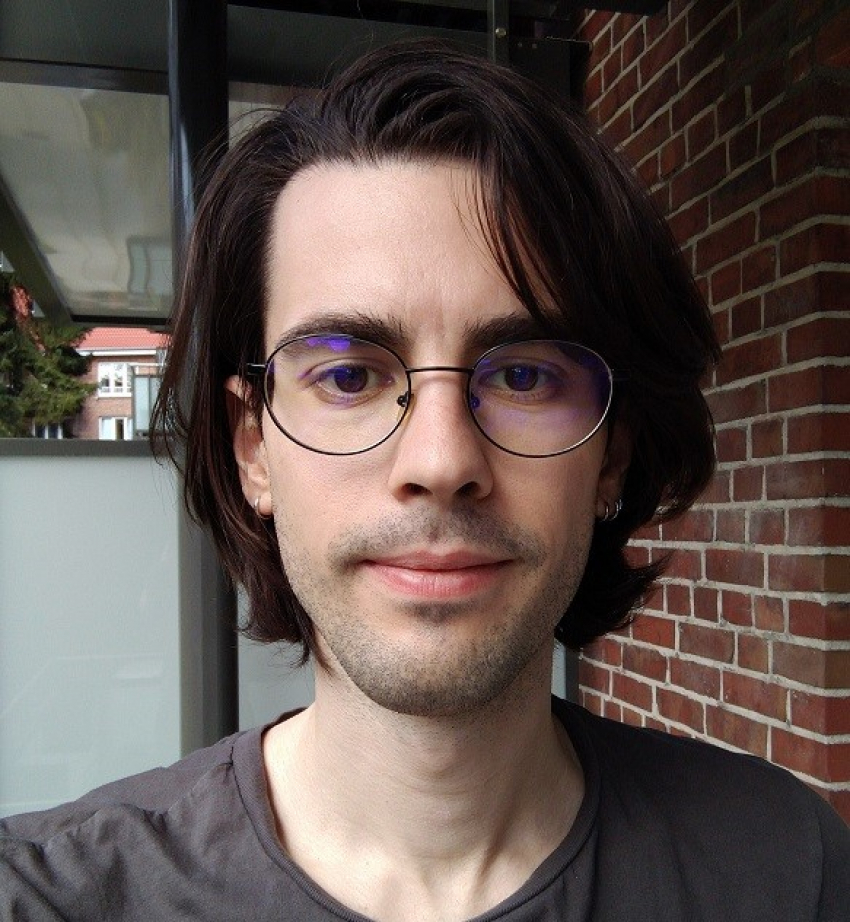
Postdoctoral Researcher
University of Bremen
SOCIUM Research Center on Inequality and Social Policy
Dr. Àlex Giménez
is a social scientist from Barcelona (Spain) with a background in sociology and quantitative methods from the Autonomous University of Barcelona and the University of Barcelona (Spain). Since he obtained his Ph.D. at the Institute for Analytical Sociology (Linköping University, Sweden), his focus has centered on using top-tier quantitative methods to unravel the effects and consequences of segregation phenomena on individuals' outcomes and to untangle how segregation patterns emerge as the result of the mobility decisions of the individuals. He addresses those issues using large-scale data, which, despite their potential to offer unique insights simply unaccessible to social scientists before, they are not without flaws. Thus, his current research also focuses on how we may enhance the inferences we can extract from those datasets using causal inference, network theory, and dynamical systems modeling.
Mo Torres
is a Ph.D. candidate in sociology at Harvard University and a Stone Fellow in the Multidisciplinary Program in Inequality and Social Policy at the Harvard Kennedy School. He is interested in questions of race and class inequality, urban politics, and political economy. His dissertation investigates the politics of austerity and changing forms of urban governance from the 1970s to the present. Other projects include research on fringe banking, place and policing, and the sociology of race and racism. Before Harvard, Mo earned a master's in public policy from the University of Michigan and a bachelor's in history and Chicana/o Studies from the University of California, Davis. He is a former middle and high school teacher and in 2019 was a Fulbright scholar in Brazil, where he studied the politics of prison privatization at the Universidade de São Paulo.
Lauren Taylor
is a doctoral candidate in Sociology and Social Policy at Harvard University. Her research interests include household finance, employment, social mobility, and social welfare programs. Her dissertation examines how early exposure to consumer debt affects future debt and wealth accumulation and the potential mechanisms that mediate this process. Prior to pursuing her graduate degree, Lauren worked for the Consumer Financial Protection Bureau, where she studied consumer use of high-cost, small-dollar products and contributed to the CFPB's proposed rule on payday loans.
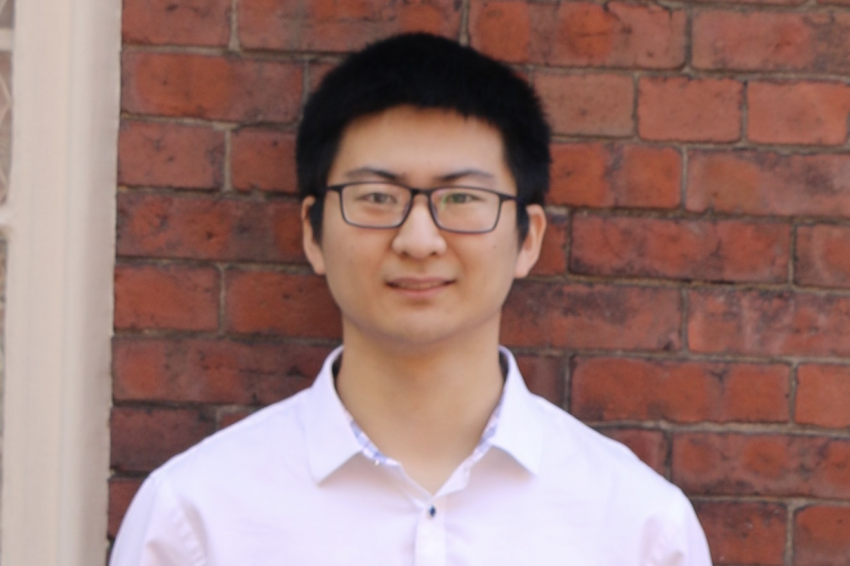
Research Assistant
Northeastern University
Department of Civil & Environmental Engineering
Yanchao Wang
is a Ph.D. candidate in the Department of Civil and Environmental Engineering at Northeastern University. He received his bachelor's degree from Wuhan University of Technology and a master's degree from Northeastern University. His research interest includes the urban mobility network and brain-computer interface. In recent years, his work mainly focused on understanding the spreading of epidemics based on mobility networks in the US, and social inequity arose during the distribution of vaccination in the Boston metropolitan area.
Andrea Avila
graduated from Columbia University's MA in Sociology program in 2019, and currently works as a research assistant at Columbia University. Andrea has experience conducting interviews and working with qualitative and mixed-method research in the areas of immigration, and most recently, in economic sociology and inequality. During her graduate training at Columbia, Andrea conducted research on immigration using qualitative interviews and content analysis of online immigration forums. Through this, she explored how bureaucratic regulation can place immigrants in states of what Cecilia Menjívar coins as "liminal legality." Currently, Andrea continues to work with qualitative methods, studying how people make financial decisions with respect to borrowing.
Addison Malone
is currently an Institute and President’s Fellow with the Georgia Institute of Technology as a Ph.D. student in the Sociology of Technology and Science under the Kranzberg Fellowship. Addison's research investments meet at the intersection of technology studies, economic sociology, critical sociologies of race and racisms, inequality, and organizations. She is particularly concerned with how technologies within and across organizations may sort individuals across time, in addition to space, in ways that reproduce durable, racialized disparities, as well as how individuals inventively resist and refuse such temporal logics and uncertainty or mobilize to uphold them. Her prior work involves qualitative and mixed-methods research in the areas of economic sociology, organizations, and inequality as a research assistant for the Columbia University Business School and Samuel DuBois Cook Center on Social Equity at Duke University. She holds a B.A. from Duke University and an M.A. in Sociology from Columbia University.
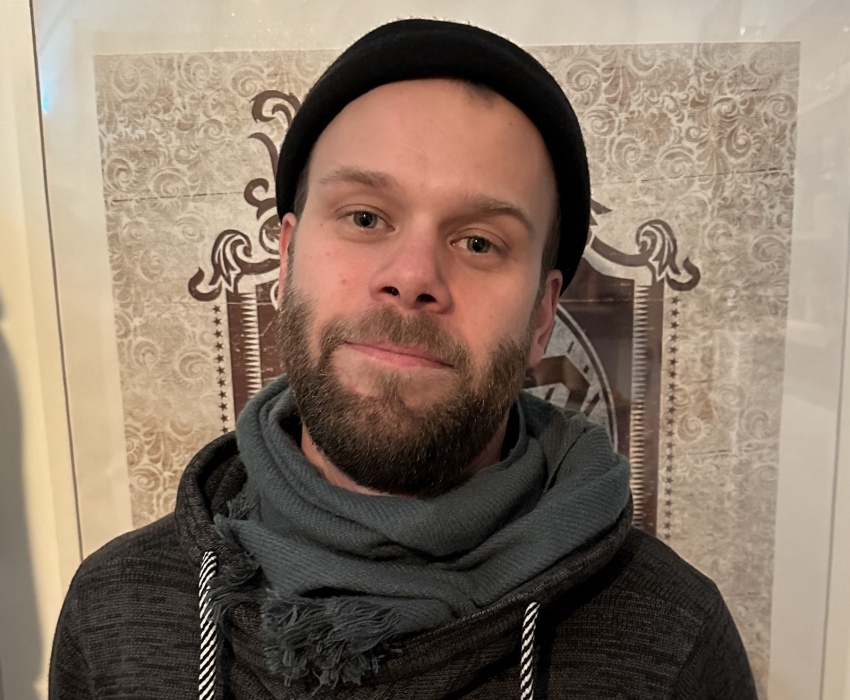
Research Assistant
University of Bremen
SOCIUM Research Center on Inequality and Social Policy
Florian König
graduated with an MA in Sociology and Social Research from the University of Bremen in 2019 and currently works as a research assistant at the University of Bremen. He has experience in a variety of qualitative methods of data collection and analysis and mixed-methods-research. His research interests include social network theory, social movements, and social inequality. In his master thesis, he examined the situation of single mothers in the first year of the Corona pandemic by using qualitative interviews and network analysis.
María Camila López Ruiz
is a Master’s Student in Sociology and Social Research at the University of Bremen. She is currently writing her thesis on Primera Linea, a social movement organization in Colombia, using qualitative methods and network theory to examine the politicization process and motivations of its members. Camila is interested in inequality, migration, and social movements. During her Sociology Bachelor’s at Universidad del Valle (Colombia), she presented on the influence of neoliberal politics in the formation of an urban SMO for housing at the III Latin American Congress of Social Science at FLACSO (2015). She is an FES scholarship holder.
Lena Philipp
is a Master’s student in Computer Science at the University of Bremen. During her studies in Bremen, Tallinn, and L'Aquila she focused on Data Science and Machine Learning. Besides Computational Social Science, she is also interested in Medical Image Processing. She writes her thesis at the Diagnostic Image Analysis Group / Radboud AI for Health Lab at Radboudumc, Nijmegen.
